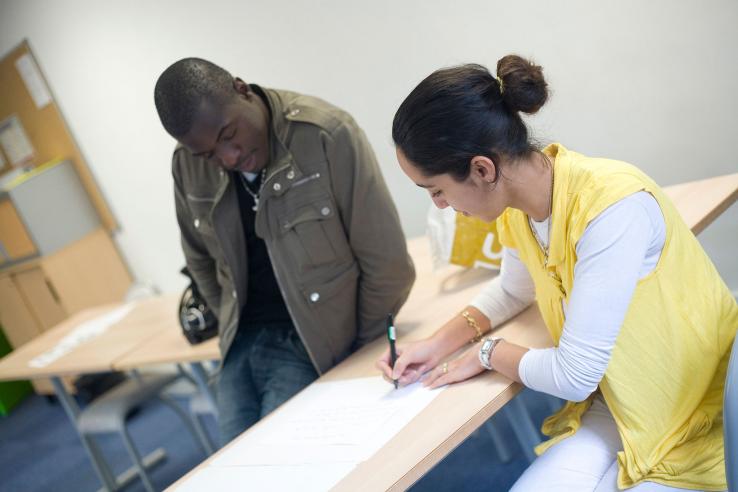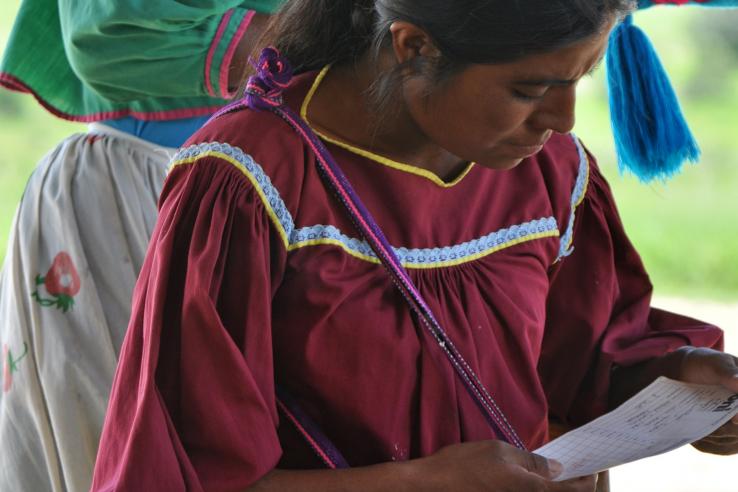Displaying 4021 - 4035 of 8489
Research Paper
File: Research paper
Research Paper
File: Research paper
Evaluation
Career counseling for young, college-educated job seekers in France helped them find work sooner, but this improvement came at the expense of jobs for those who did not receive counseling, and it did not translate into a long-term increase in employment rates.
Evaluation
Researcher evaluated whether mothers’ literacy classes and home-learning participation trainings could improve children’s learning outcomes. The interventions had small positive impacts on mother and child learning levels.
Evaluation
Researchers expanded microcredit offerings in Sonora, Mexico to evaluate the effect of improved credit access on economic and social outcome. They found that microcredit increased access to formal financial services and enabled some businesses to expand, but did not increase household income or prompt new business creation.
Evaluation
Social programs in developing countries are often plagued by corruption, especially within the flow of funds from the central government to beneficiaries. For the Mahatma Gandhi National Rural Employment Guarantee Scheme (MGNREGS) in India, the central government disburses funds to local governments based on projected spending. In Bihar, researchers tested the effect of an information technology reform that linked the flow of funds to actual expenditures and reduced the number of officials involved in the process. The reform reduced program expenditures by 24 percent without a concurrent decrease in MGNREGS employment or wages received, suggesting that increased transparency reduced leakage. These results led to a national scale-up of the fund-flow model, with sustained effects.



